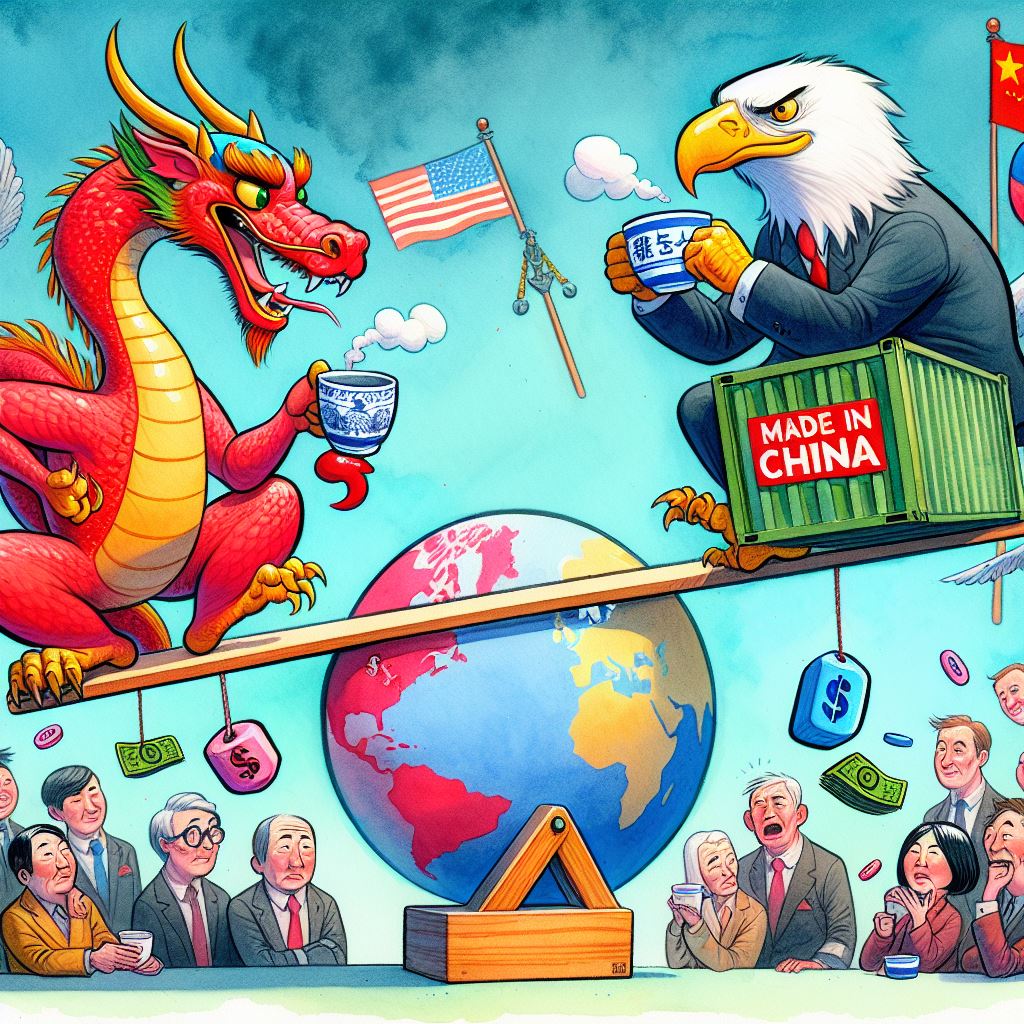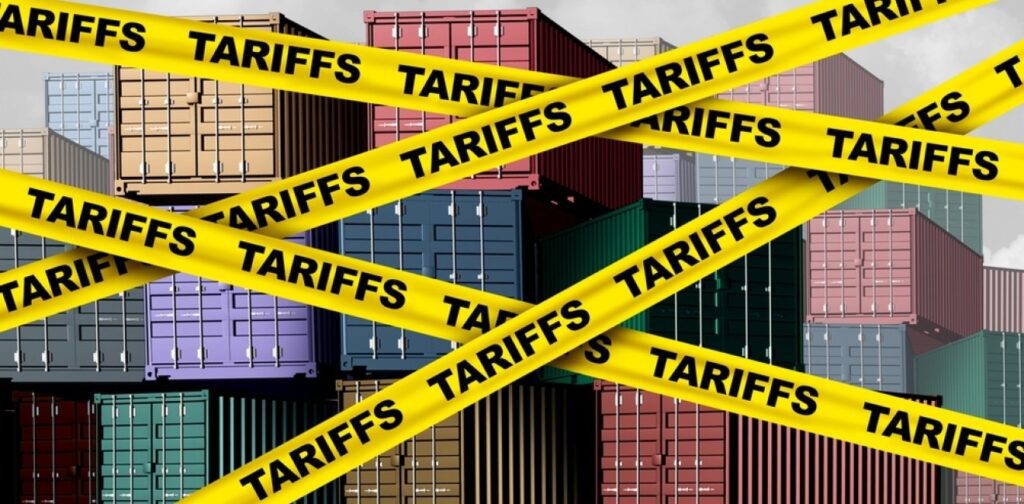As the number of new coronavirus cases scales up to thousands, companies in China are forced to halt their operations and implement government directives. The Chinese government announced the extension of the lunar New Year holidays until February 2; however, some cities like Shanghai extended the date to February 9. This means that workers are not expected to come back to the office until that time or, if the coronavirus worsens, who knows when?
Read our previous post about Chinese New Year Reminders for Businesses
If you are running your business in China, this can be a difficult and unpredictable time. As the spread of the virus continues, China has been taking serious measures to put it under control, including a complete lockdown of Hubei province, where the virus originated. Thus, it may take some time to get back to work and to catch up with your business schedules. As a business owner, what can you do to be prepared and hopeful amidst a crisis? Keep reading to find out.
Coronavirus – what is happening?
The 2019 novel coronavirus (2019-nCoV) is one of the different types of human coronaviruses which also include the Middle East respiratory syndrome (MERS) and severe acute respiratory syndrome (SARS) coronaviruses. This virus causes infection in the nose, sinuses or upper throat which can lead to severe pneumonia.
As of February 4, 2020, 12:15 (China time), the coronavirus data are as follows:
![]()
For live updates, please click here.
The first outbreak of 2019-nCov occurred in December 2019 from a seafood market in Wuhan and has spread rapidly in all cities earlier this year. This forced the Chinese government to declare it a national emergency and on January 30, 2020, the World Health Organization (WHO) confirmed the outbreak of novel coronavirus (2019-nCoV) as a “public health emergency in need of international concern”.
The WHO designation comes as countries worldwide also reported more than a hundred cases combined, causing a global alarm and public anxiety. Several countries have undertaken the evacuation of their citizens out of China and have imposed a travel ban to and from China to ensure public safety. Various global airlines have also decided to suspend flights to China and offered travelers a rebooking on later dates or a full refund of their tickets.
Furthermore, the world is watching as the global economy braces for a slowdown. In retrospect, the SARS crisis wiped $40 billion off world markets. The economic impact of the 2019-nCoV may still depend on further disruptions it can cause on trade, travel, consumer confidence, and financial networks.
Should you be worrying?
The answer is yes and no. Yes, because there is no definite time when the virus will stop spreading. No, because you might have experienced it before during the SARS crisis, and you overcame it.
In 2002, SARS was estimated to have cut Mainland China’s gross domestic product by 1.1% and that of Hong Kong’s services sector by 2.6%. It had killed almost 800 people worldwide until 2015 with the last reported case. Currently, the impact of 2019-nCoV on the economy is not yet measured, however, it already has more than 400 deaths in China within a month and 20,000 people have been sickened. While this is the case, the mortality rate for 2019-nCoV is lesser than SARS. The Wuhan coronavirus has a mortality rate of two percent while SARS had eight to nine percent. Moreover, most of those who succumbed to the virus were either elderly, had weak immune systems, or pre-existing illnesses and thus, heightened their possibility of dying.
According to WHO, China’s quick response was impressive and the country has coordinated with the international community much better than before. Despite that, there are fears of a prolonged virus threat that puts businesses at uncertainty once again. The impact on tourism and consumer demand brings confusion to the state of businesses in China, especially for small entrepreneurs.
Understandably, businesses and investors will express concerns over an epidemic especially taking place in China, a country with a very huge consumer market and investment opportunities. But past events should have prepared them for this. For those who are experiencing it for the first time, it may be useful to rethink your coping mechanisms. This involves the ability to manage and control your business even when such a crisis arises.
Work from home during holidays
Last January 27, 2020, the Shanghai municipal government announced that companies should not open their offices earlier than February 9. But instead, it encouraged companies to allow their workers to work from home during this period.
The idea of working remotely is nothing new. In fact, for some companies, it works pretty well and it improves efficiency. As modern technologies such as Cloud and AI have developed, companies can put up systems that can allow employees to work without being present in the office. But on the other hand, you will need an online set-up to communicate with your employees and with your clients as well. A company management platform such as Kwikdroid can make all the difference. It works as your Cloud- and AI-based work companion for your business. There is absolutely nothing to worry about your employees not going to the office during this present crisis. If you have Kwikdroid in place, you can manage your team wherever they are and communicate the necessary work to be done.
Beat your deadlines
China’s State Taxation Administration (STA) has moved the tax declaration period in February to February 24. This means that there will be more time for your company to complete your financial reports. But since there are no signs of the 2019-nCoV cases slowing down; the resumption of work in the offices may be put on hold. Therefore, it could still be difficult to meet deadlines during these unpredictable times. But there is something that can be done even if your employees continue to work from home. Especially, your employees can make use of the remote control services of a company solution such as Kwikdroid.
Kwikdroid can provide instant monthly summaries, create vendor bills and import invoices which will speed up work processes. You can also handle your financial statements and bank reconciliation processes in no time. The best part is that it allows you to communicate with your clients, and employees constantly without a hassle. Isn’t it great that everything you need to keep your business running is in one place?
Do not hesitate. Take advantage of the advanced tools from Kwikdroid and contact us to assist you in setting up your customized, remote management and control system, no matter the size of your company.If you want to know more about doing business in China, contact our team for inquiries and follow us on social media to get the latest news!
Our experienced team has the necessary expertise and the know-how to support you with your business – have a look at the services we offer.
See how much salary you receive after tax and check your company value without leaving WeChat!
Also, our Mini Program can estimate the salary in your industry, for your experience level and position. A huge help for salary negotiations!







